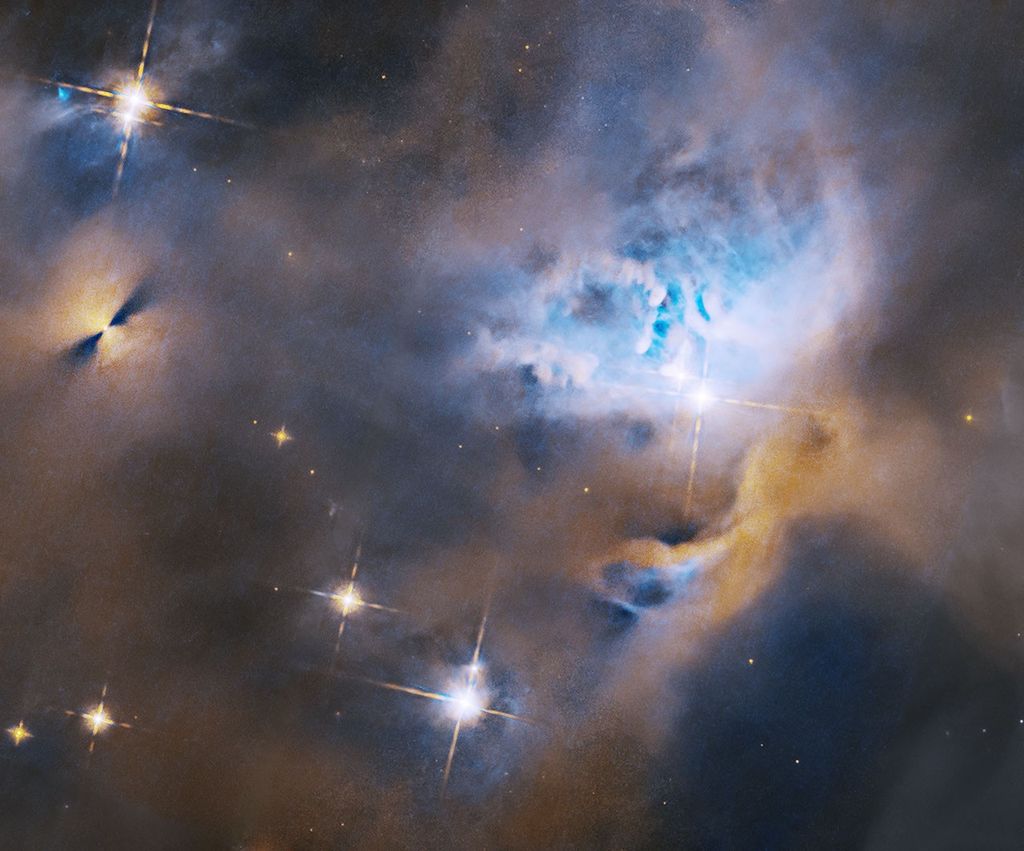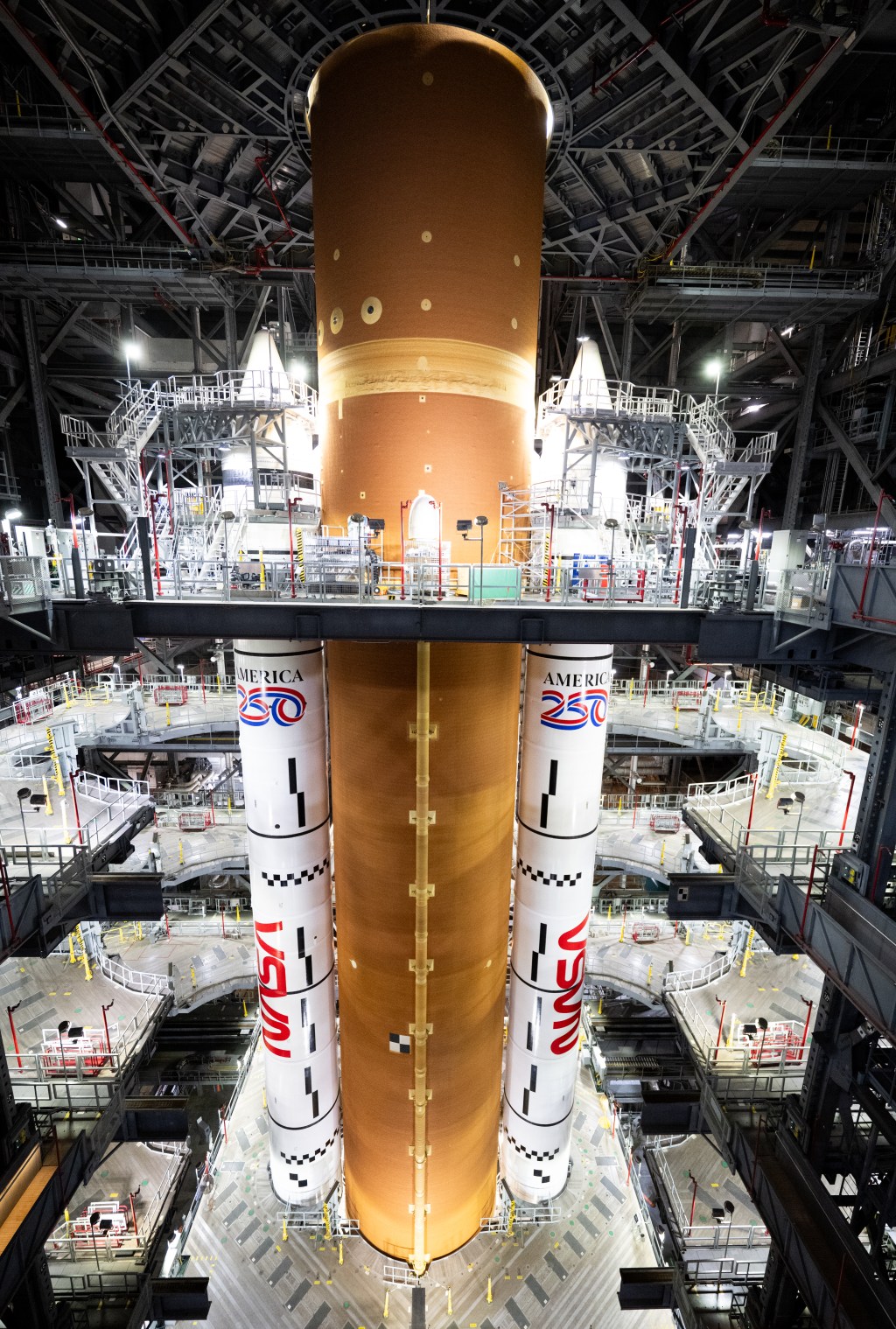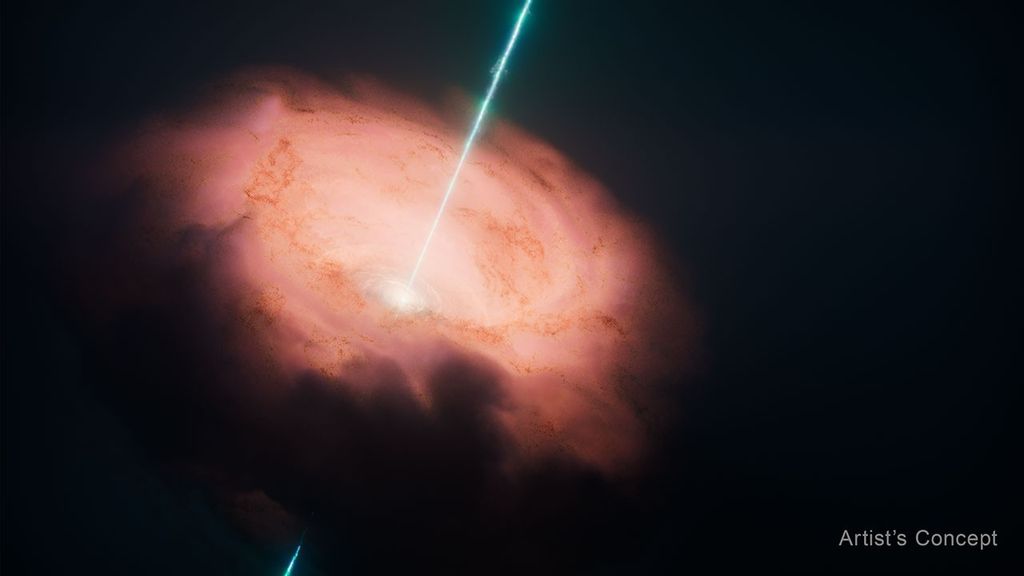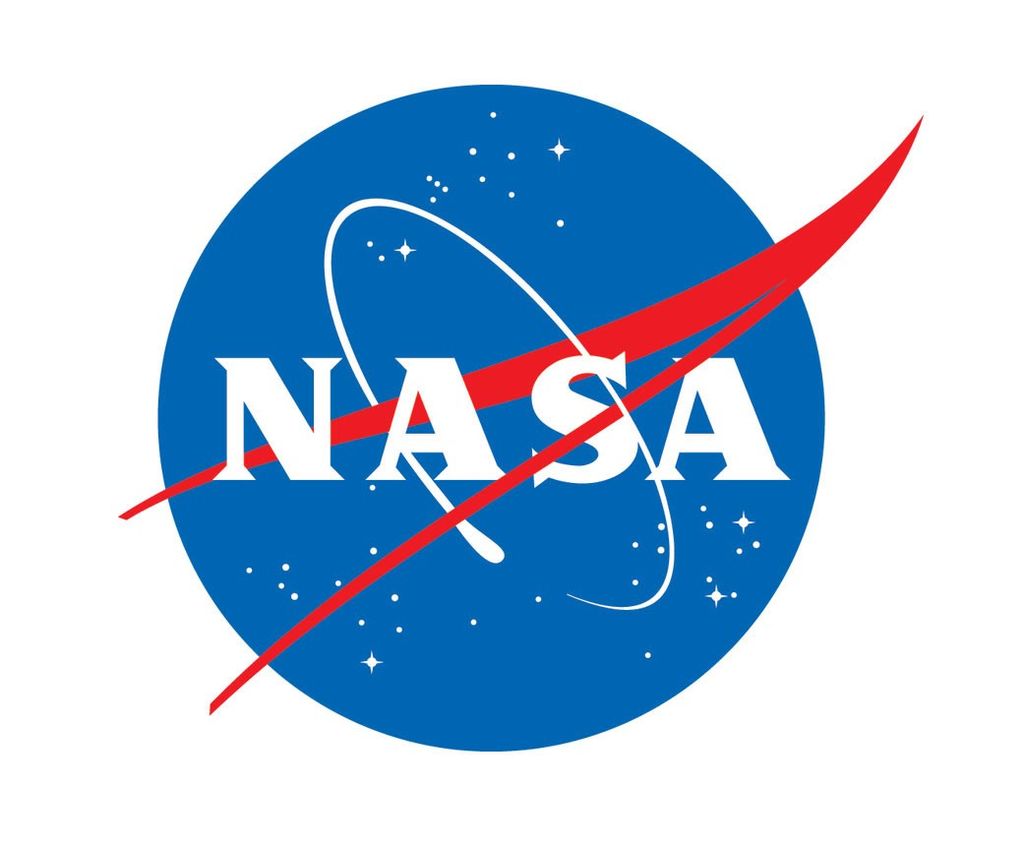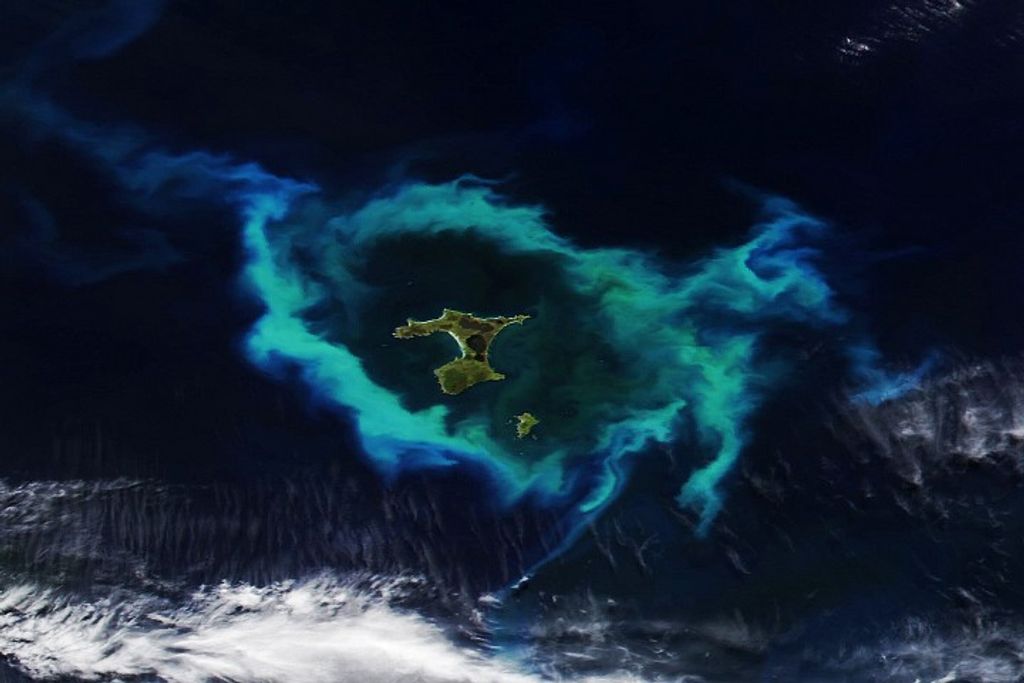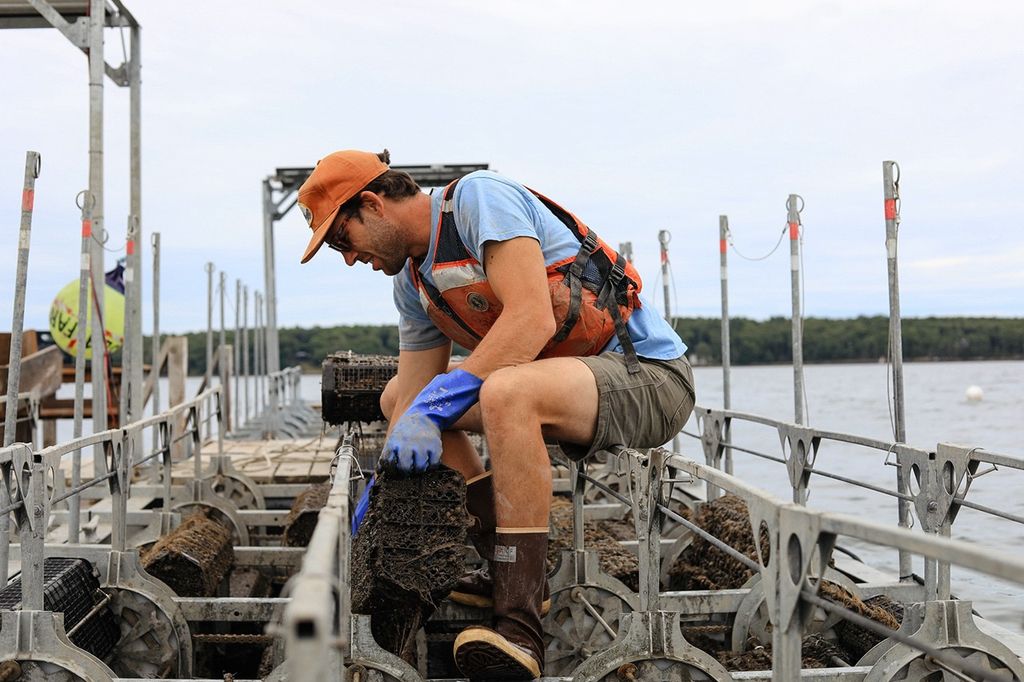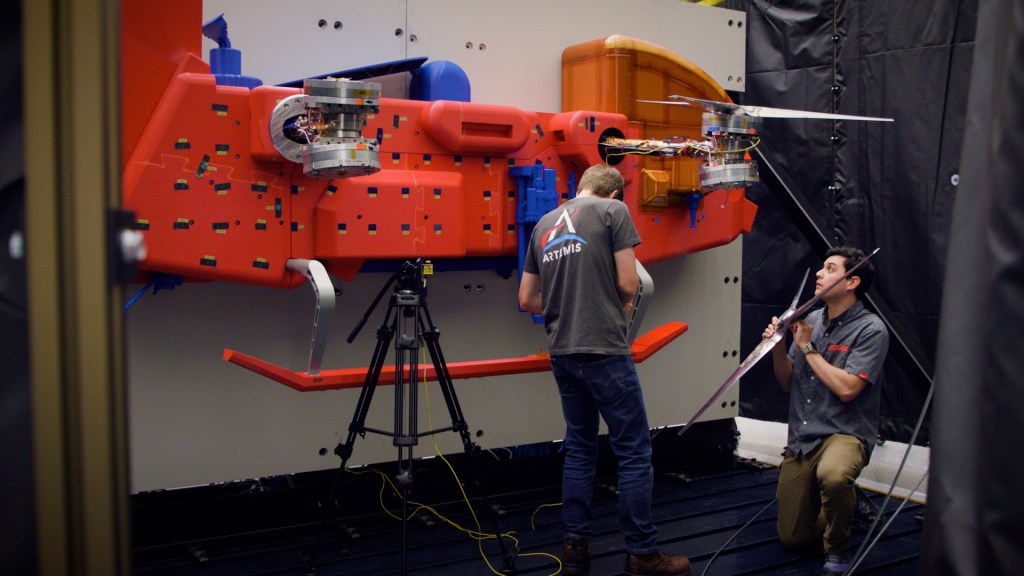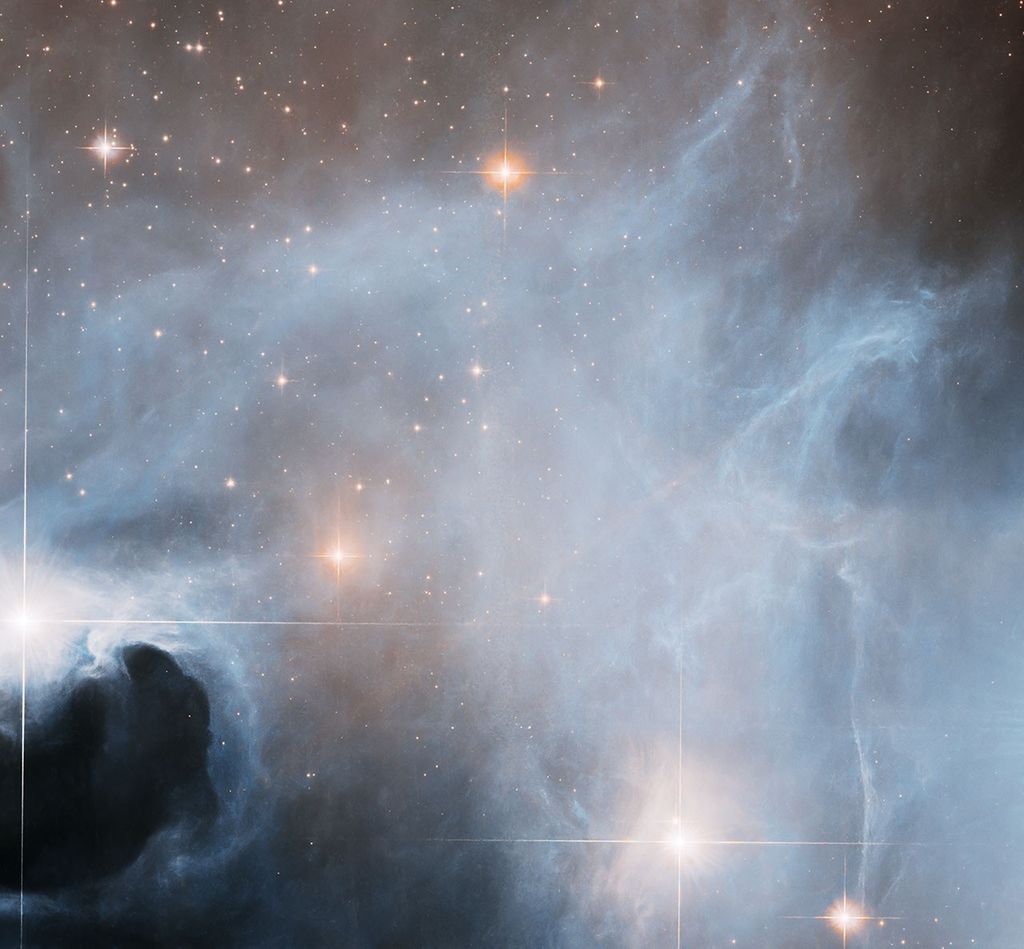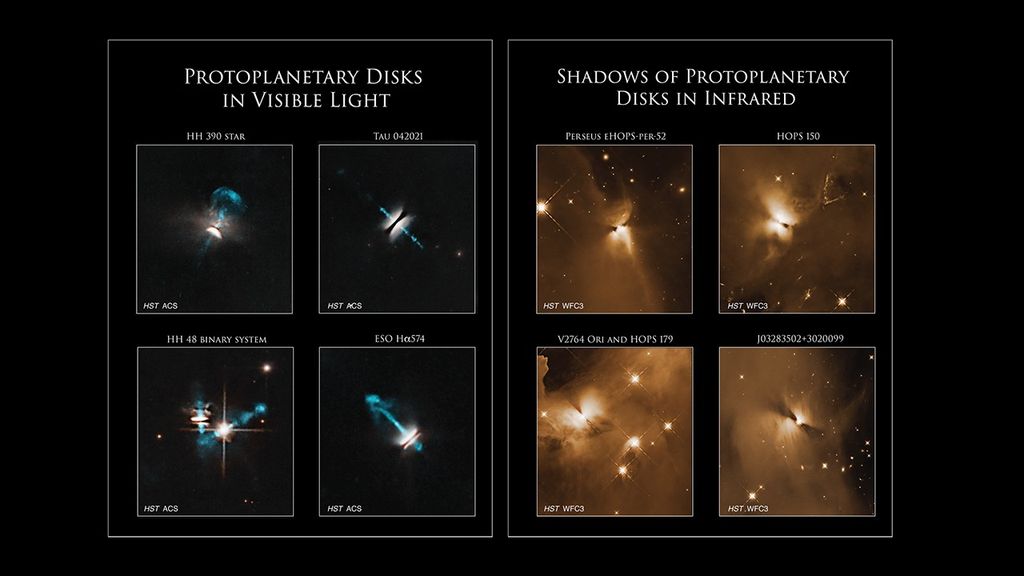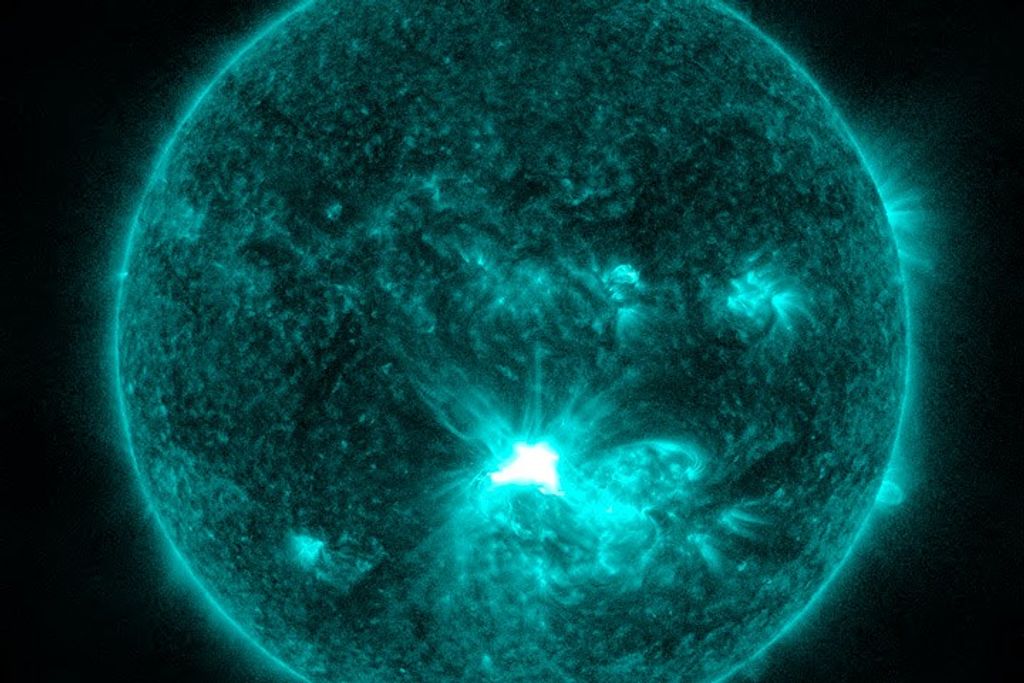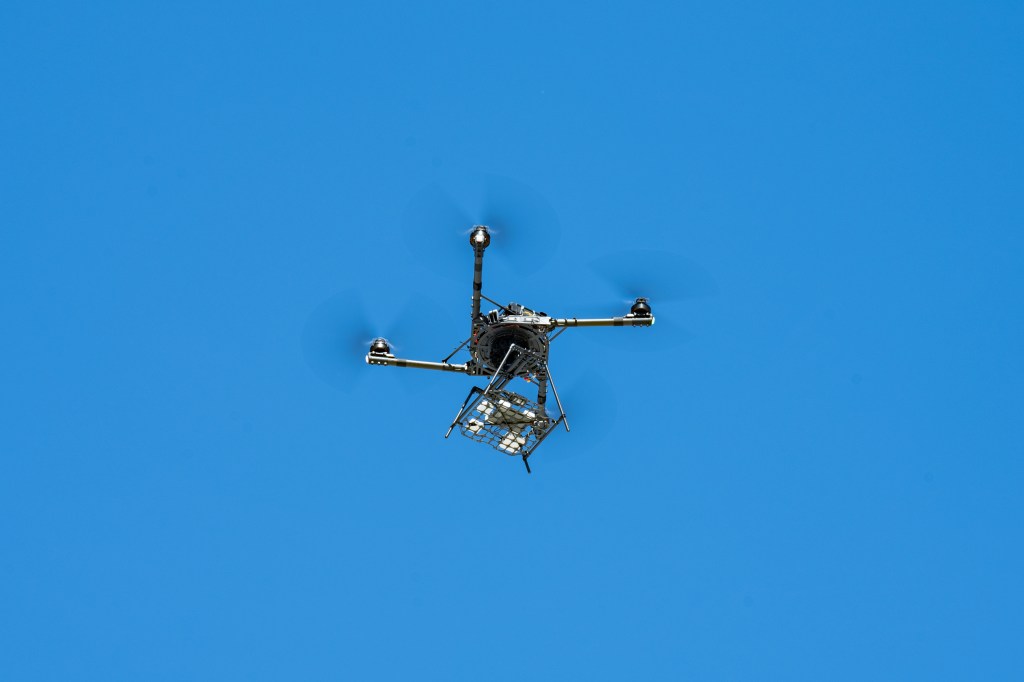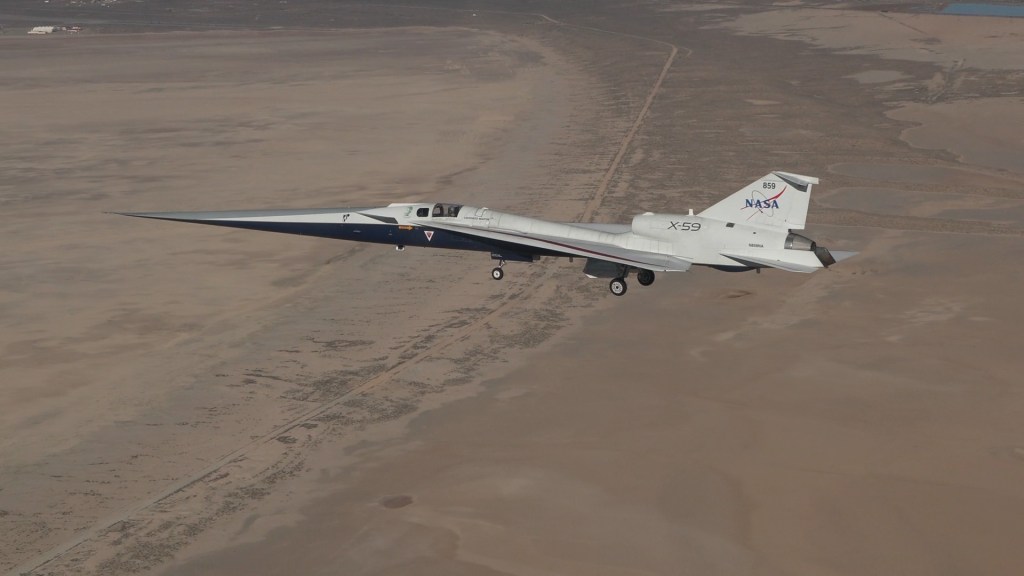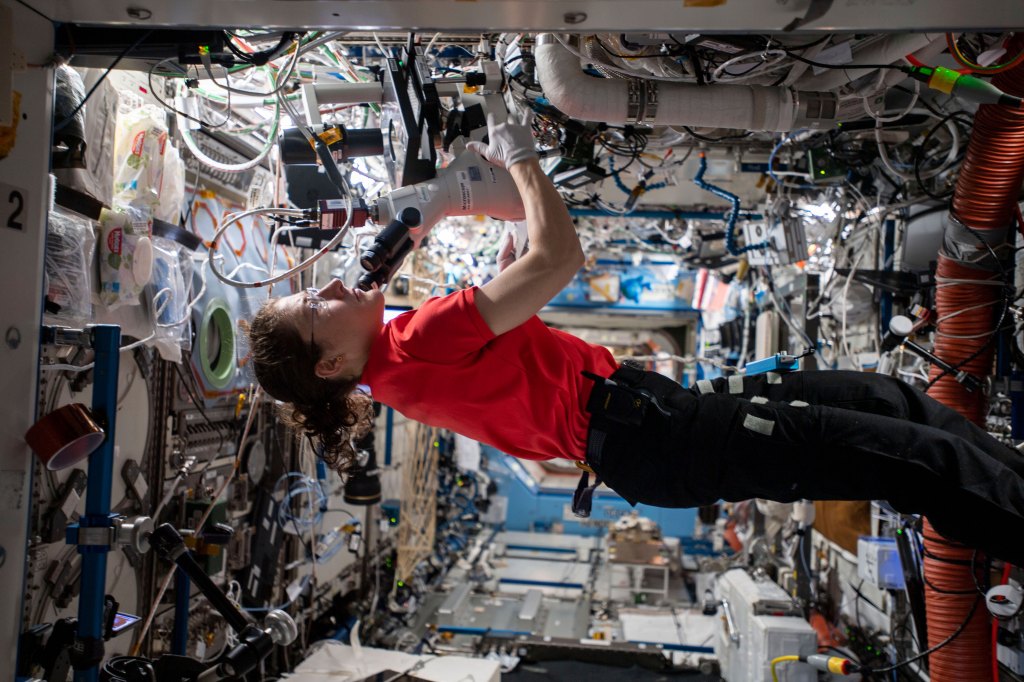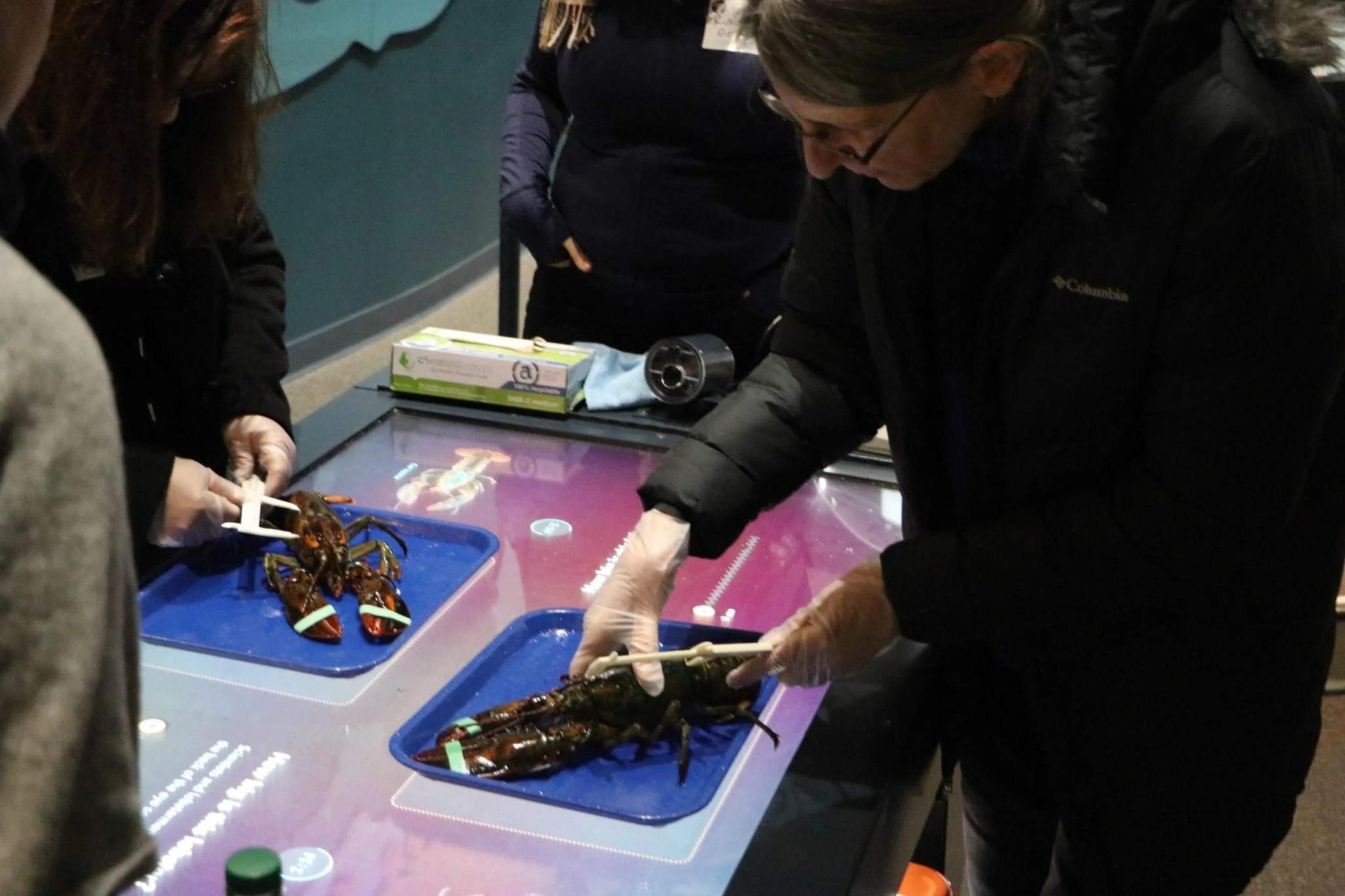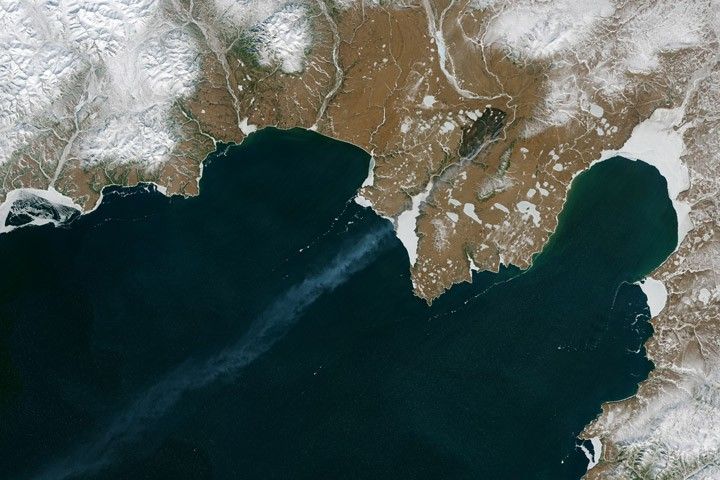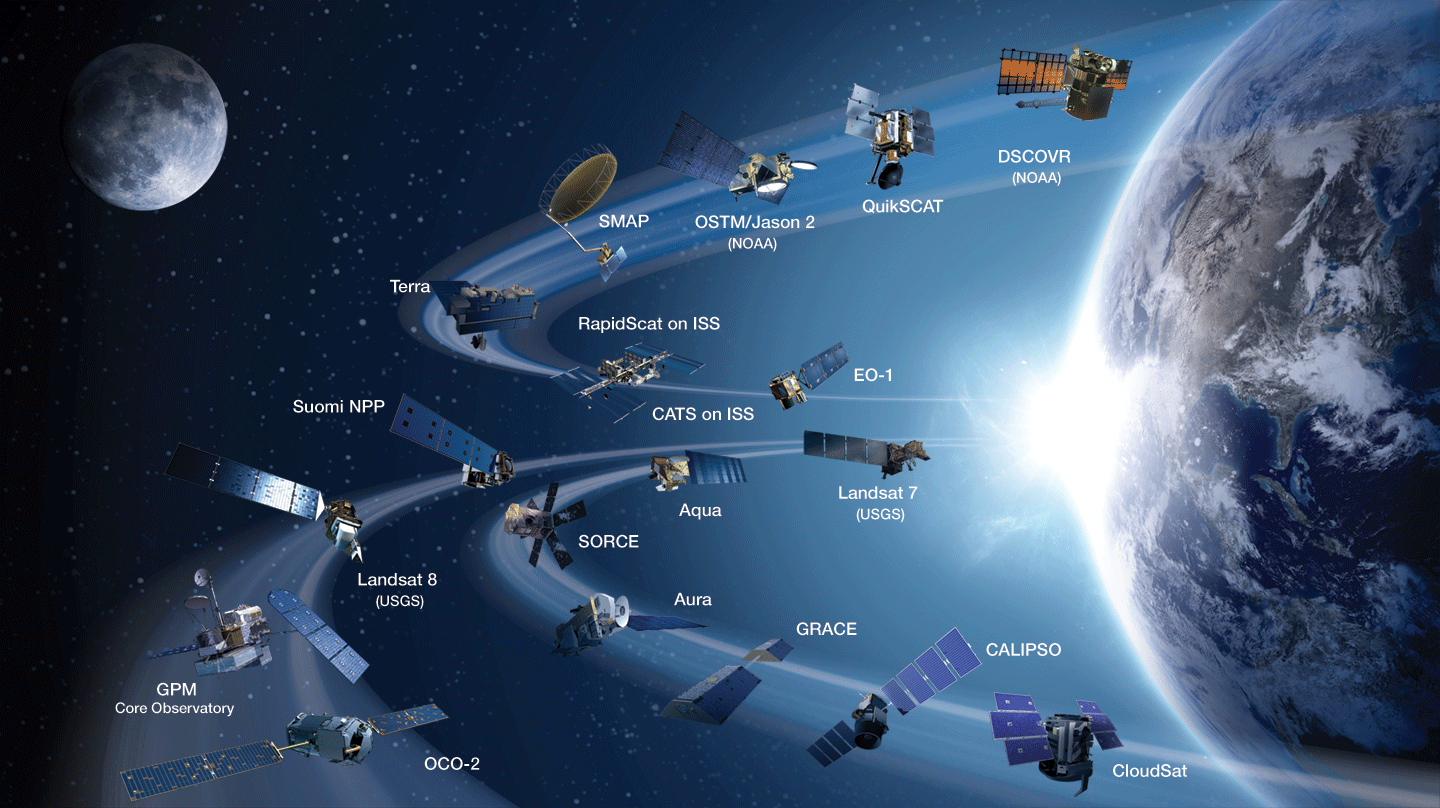Connecting STEM Learning Between a Field Trip and the Classrooms
Each year, the Gulf of Maine Research Institute (GMRI) hosts nearly 10,000 Maine middle schoolers in its LabVenture program — a hands-on, interactive, authentic investigation of the changing Gulf of Maine ecosystem. Completely free for Maine schools, nearly 70% of the state of Maine's fifth and sixth grade cohort experience LabVenture annually. At the lab, students use authentic tools of science and methods of inquiry to explore many of the same questions about the Gulf of Maine that research scientists at GMRI are addressing.
In January, 2022, the NASA Science Activation program’s Learning Ecosystems Northeast (LENE) project team, led by GMRI, hosted a series of three professional learning sessions with educators. Portland, Maine’s 5th grade public teaching staff attended an experiential professional learning program designed to help them support youth to more meaningfully connect the LabVenture field trip experience with learning back in the classroom. The teachers experienced LabVenture as students do: step-by-step through a data driven investigation of how climate change is shifting the range of lobster and black sea bass populations in the Gulf of Maine.
Educators then dove into pre- and post-visit classroom curricula designed to bring the learning back into their classrooms. Seeing the experience through the student lens, and then, considering the classroom experience before and after the trip, allowed teachers to reflect on the needs of their specific learners in a district where more than 25% of students are non-native speakers of English, more than 35% are from homes of poverty, and nearly 50% identify as non-white.
Supported by the GMRI team, teachers had time during the professional development sessions to adapt the resources, plan for classroom implementation, and suggest additional resources to help them be more effective with their students. This program was developed collaboratively by GMRI and district staff at Portland Public Schools and is a pilot model for addressing the particular needs of youth in communities across Maine. Classroom teacher, Richard Johnson, from the Longfellow School in Portland, Maine, had this to say: “The inservice was a perfect opportunity for teachers to interact with LabVenture with a student lens. We were able to explore what is happening in the Gulf of Maine, look at models to help us understand what is happening, and finally understand that climate change affects us, our community, and the world. We can take these lessons and supplement what we learned in our classrooms before our visit to GMRI.”
The GMRI-led Learning Ecosystems Northeast project aims to build local learning communities across the northeast, committed to empowering the next generation of climate stewards. It is supported by NASA under cooperative agreement award number NNX16AB94A and is part of NASA’s Science Activation Portfolio. Learn more about how Science Activation connects NASA science experts, real content, and experiences with community leaders to do science in ways that activate minds and promote deeper understanding of our world and beyond: https://science.nasa.gov/learners

